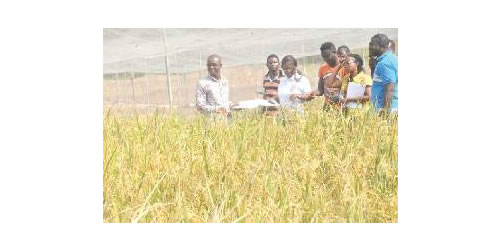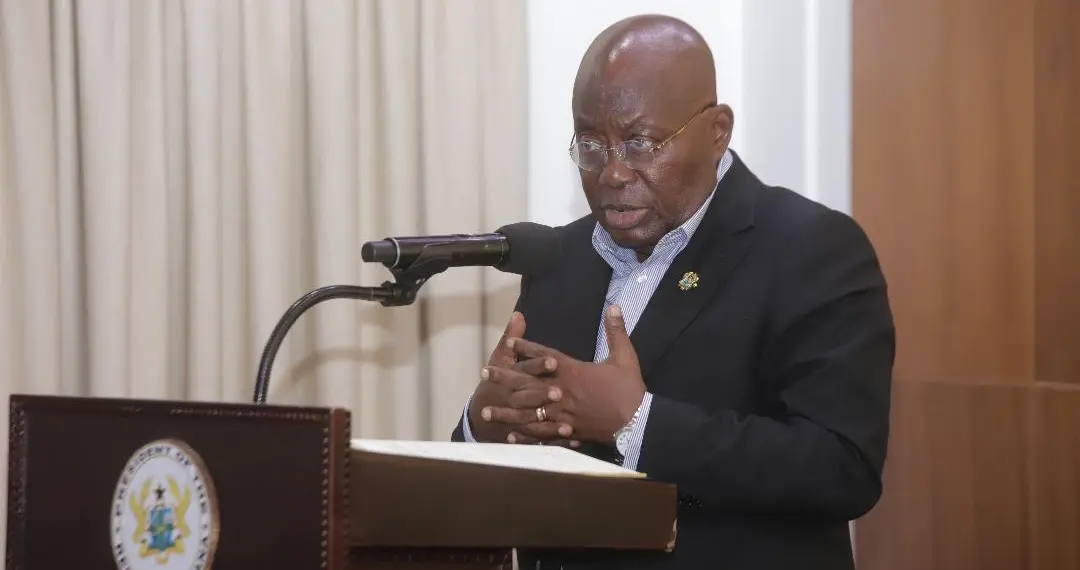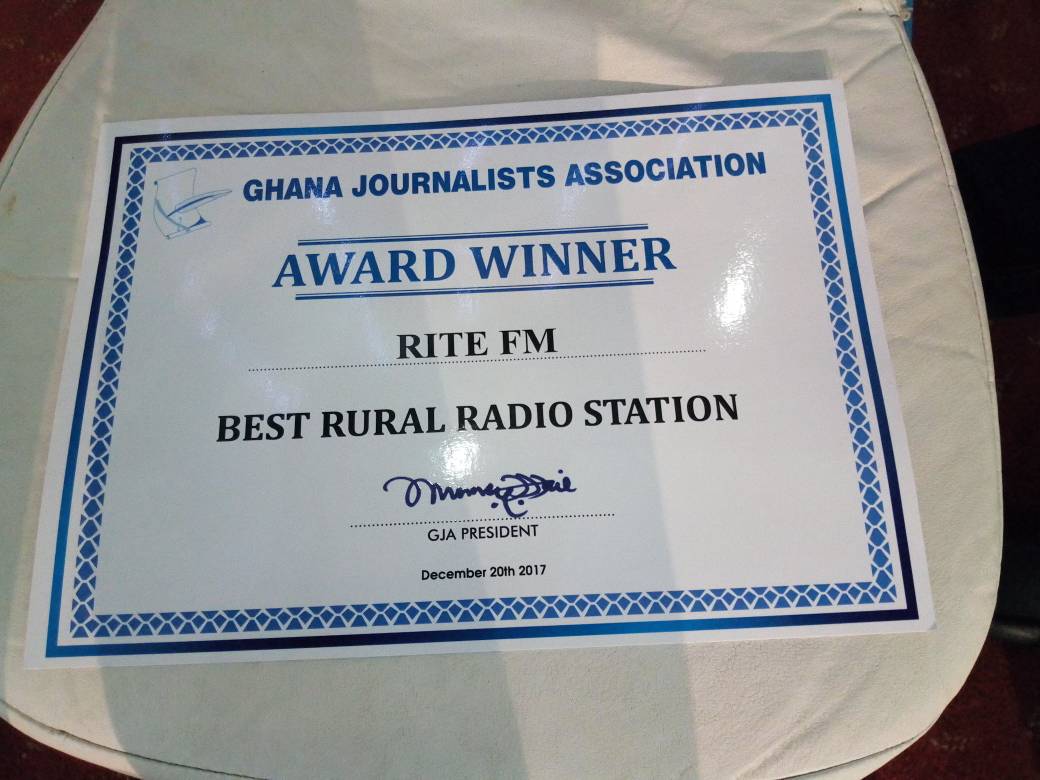Ghanaians urged to patronise local rice

THE Minister of Food and Agriculture, Mr Fifi Fiavi Kwetey, has urged Ghanaians to change their mindset and patronise locally produced rice.
He said the rice produced locally was more nutritious, healthy and tastier than the imported one.
Therefore, he said, it was crucial for Ghanaians to reduce the consumption of imported rice and go for the local rice to save the country the more than $400 million it spent annually on the importation of rice.
Mr Kwetey made the call yesterday when he launched the Second Ghana National Rice Festival, which will be held from November 13 to 15, 2015, at the Efua Sutherland Children’s Park in Accra.
The festival, which will be organised by the Ghana Rice Inter-Professional Body (GRIB), is aimed at making the Ghana rice industry competitive.
Stakeholders in the rice industry, including farmers, millers and marketers, are expected to showcase different varieties and brands of Ghana rice at the festival, in the hope of whipping up the interest of the public in local rice.
In August 2004, the government, with support from Agence Francaise de Development (AFD), set up the GRIB to galvanise private-sector actors in the value chain to work together with the government to develop a vibrant rice sector. It held the first rice festival in 2013.
Mr Kwetey said rice had become an important staple in the economy of Ghana due to increasing per capita consumption over the past years.
“It is the second largest cereal consumed after maize in Ghana and has become a common feature in Ghanaian diets,” he said.
The minister also said improved packaging, the absence of stones and chaff and cultivation of varieties similar to the imported rice had increased preference for rice grown locally, and thus created opportunities for citizens to invest in the sector to create wealth and jobs.
Mr Akwetey added that the Export Trade, Agricultural and Industrial Development Fund (EDAIF) which the government had set up together with the West Africa Agricultural Productivity Programme and other organisations was part of initiatives that the government had set up to help address financing challenges in the rice sector.
The President of GRIB, Mr Imoro Amoro, said rice was an important commodity, therefore, investing in it was investing in jobs, especially for the poor farmers in rural areas.
He called for collaborative efforts among the government, the private sector and consumers in the production and marketing of local rice.
The Chief Executive Officer of the John A. Kufuor Foundation, Professor Baffour Agyeman-Duah, lauded the government leading the efforts to promote the local rice and affirmed the commitment of the foundation to supporting GRIB and other organisations to promote Ghana rice.
The Head of Rice Research and Development of the Savanna Agriculture Research Institute (SARI) of the Council for Scientific and Industrial Research (CSIR), Dr Wilson Dogbe, who chaired the function, said Ghana had the human resource and variety of seeds needed to produce enough rice to feed the population.
Source: Graphic.com.gh



